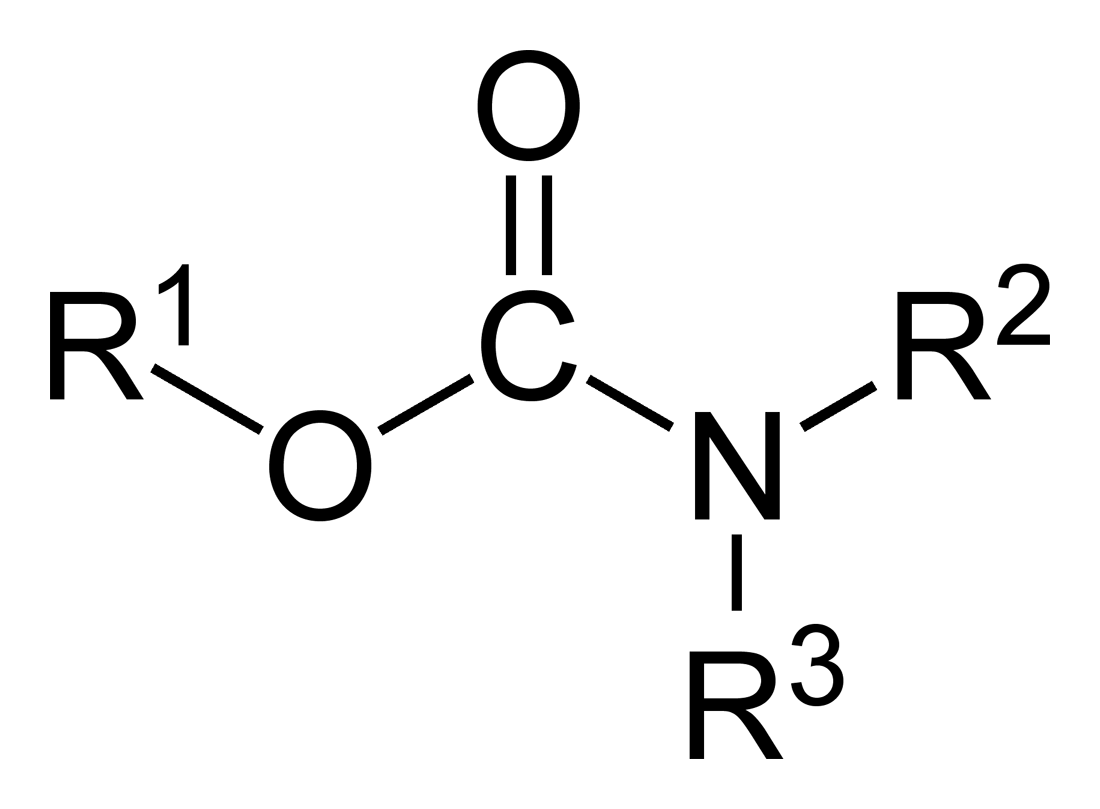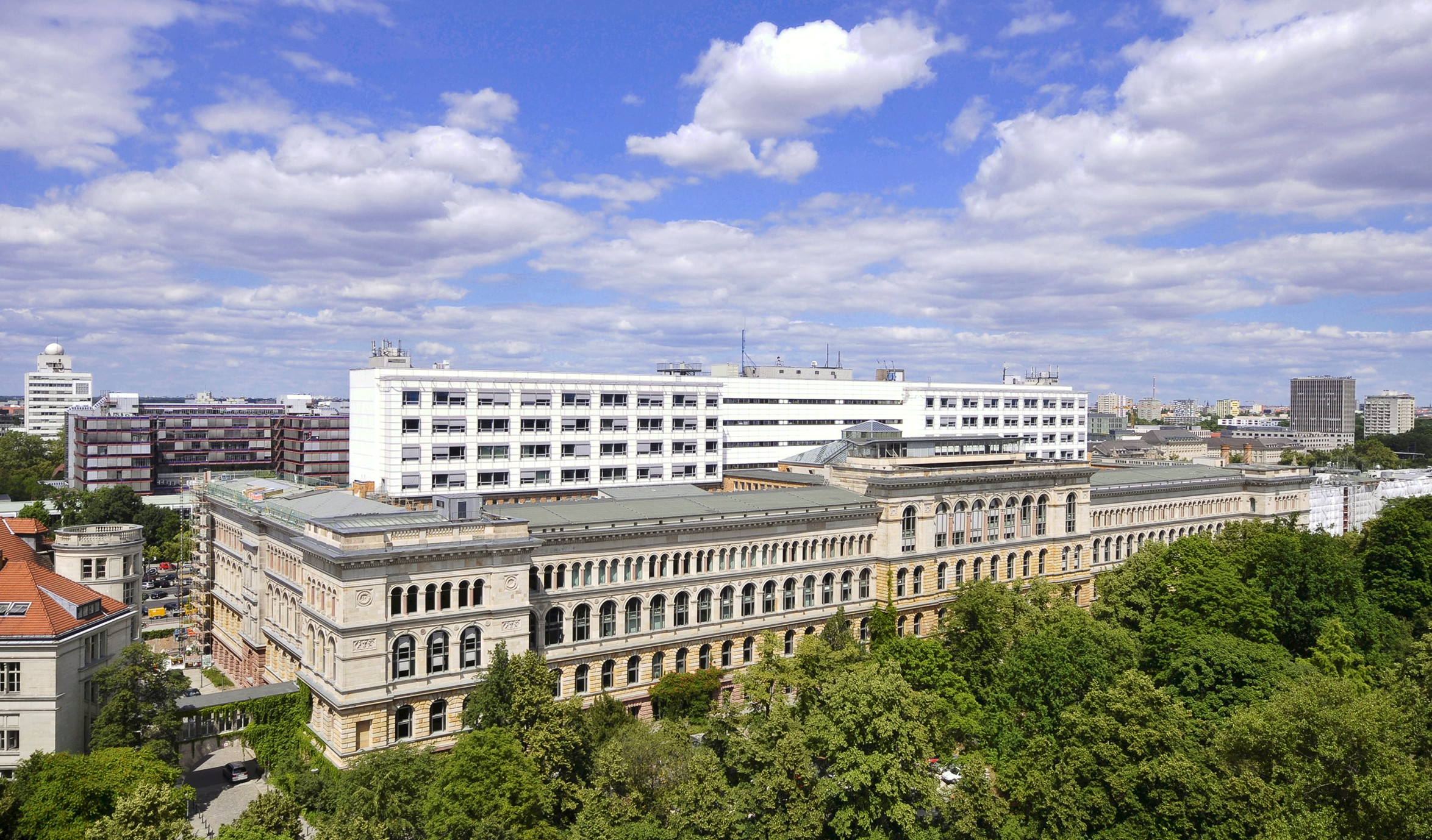|
Horst Peissker
Horst Peissker or Horst Peißker (born 18 October 1927) was a German biochemist, inventor and business executive in the pharmaceutical and chemical industry. He was a researcher at Schering AG, and was a member of the company's senior management as head of its research and production facility in Wolfenbüttel (now Bayer CropScience). He was a co-inventor of several patents in crop protection, notably on the use of phosphoric acid esters as a pest control agent, miticides, use of phenyl-carbamate derivatives in combating insects and acarids, and synergistic pesticidal compositions containing carbamates and phosphates. He obtained a doctorate (''Doktoringenieur'') at Technische Universität Berlin (TU Berlin; also known as Berlin Institute of Technology and Technical University of Berlin, although officially the name should not be translated) is a public university, public research university located in Berlin, Germany. It was the first ... in 1957, with the dissertation ''Dar ... [...More Info...] [...Related Items...] OR: [Wikipedia] [Google] [Baidu] |
Biochemist
Biochemists are scientists who are trained in biochemistry. They study chemical processes and chemical transformations in living organisms. Biochemists study DNA, proteins and Cell (biology), cell parts. The word "biochemist" is a portmanteau of "biological chemist." Biochemists also research how certain chemical reactions happen in cells and Tissue (biology), tissues and observe and record the effects of Product (chemistry), products in food additives and Medication, medicines. Biochemist researchers focus on playing and constructing research experiments, mainly for developing new products, updating existing products and analyzing said products. It is also the responsibility of a biochemist to present their research findings and create Grant writing, grant proposals to obtain Funding of science, funds for future research. Biochemists study aspects of the immune system, the expressions of genes, isolating, analyzing, and synthesizing different products, mutations that lead to ca ... [...More Info...] [...Related Items...] OR: [Wikipedia] [Google] [Baidu] |
Schering AG
Schering AG was a research-centered German multinational pharmaceutical company headquartered in Wedding, Berlin, which operated as an independent company from 1851 to 2006. In 2006, it was bought by Bayer AG and merged to form the Bayer subsidiary Bayer Schering Pharma AG, which was renamed Bayer HealthCare Pharmaceuticals in 2011. Schering was listed on the Frankfurt Stock Exchange and had 26,000 employees as of 2004. The American pharmaceutical company Schering-Plough, formerly the Schering Corporation, was originally the US subsidiary of Schering AG, and merged with Merck & Co. in 2009. History In 1851, Ernst Christian Friedrich Schering opened the ''Grüne Apotheke'' (Green Pharmacy) in Berlin's ''Chausseestraße'', and in 1871, converted into the name ''Chemische Fabrik auf Actien'' (formerly E. Schering). This date is the company's date of incorporation. The company grew strongly in the following years. In 1913, the company employed 935 workers, 112 master craft ... [...More Info...] [...Related Items...] OR: [Wikipedia] [Google] [Baidu] |
Wolfenbüttel
Wolfenbüttel (; ) is a town in Lower Saxony, Germany, the administrative capital of Wolfenbüttel District Wolfenbüttel (; ) is a town in Lower Saxony, Germany, the administrative capital of Wolfenbüttel (district), Wolfenbüttel District. It is best known as the location of the internationally renowned Herzog August Library and for having the lar .... It is best known as the location of the internationally renowned Herzog August Library and for having the largest concentration of timber-framed buildings in Germany, around 1,000. It is an Landesbischof, episcopal see of the Evangelical Lutheran Church in Brunswick. It is also home to the Jägermeister distillery, houses a campus of the Ostfalia Hochschule für angewandte Wissenschaften, Ostfalia University of Applied Sciences, and the Landesmusikakademie of Lower Saxony. Geography The town center is located at an elevation of on the Oker river near the confluence with its Altenau (Oker), Altenau tributary, about south ... [...More Info...] [...Related Items...] OR: [Wikipedia] [Google] [Baidu] |
Bayer CropScience
Bayer AG (English: , commonly pronounced ; ) is a German multinational pharmaceutical and biotechnology company and is one of the largest pharmaceutical companies and biomedical companies in the world. Headquartered in Leverkusen, Bayer's areas of business include: pharmaceuticals, consumer healthcare products, agricultural chemicals, seeds and biotechnology products. The company is a component of the EURO STOXX 50 stock market index. Bayer was founded in 1863 in Barmen as a partnership between dye salesman Friedrich Bayer (1825–1880) and dyer Friedrich Weskott (1821–1876). The company was established as a dyestuffs producer, but the versatility of aniline chemistry led Bayer to expand its business into other areas. In 1899, Bayer launched the compound acetylsalicylic acid under the trademarked name Aspirin. Aspirin is on the World Health Organization's List of Essential Medicines. In 2021, it was the 34th most commonly prescribed medication in the United States, with ... [...More Info...] [...Related Items...] OR: [Wikipedia] [Google] [Baidu] |
Crop Protection
Pest control is the regulation or management of a species defined as a pest; such as any animal, plant or fungus that impacts adversely on human activities or environment. The human response depends on the importance of the damage done and will range from tolerance, through deterrence and management, to attempts to completely eradicate the pest. Pest control measures may be performed as part of an integrated pest management strategy. In agriculture, pests are kept at bay by mechanical, cultural, chemical and biological means. Ploughing and cultivation of the soil before sowing mitigate the pest burden, and crop rotation helps to reduce the build-up of a certain pest species. Concern about environment means limiting the use of pesticides in favour of other methods. This can be achieved by monitoring the crop, only applying pesticides when necessary, and by growing varieties and crops which are resistant to pests. Where possible, biological means are used, encouraging the natur ... [...More Info...] [...Related Items...] OR: [Wikipedia] [Google] [Baidu] |
Carbamate
In organic chemistry, a carbamate is a category of organic compounds with the general Chemical formula, formula and Chemical structure, structure , which are formally Derivative (chemistry), derived from carbamic acid (). The term includes organic compounds (e.g., the ester ethyl carbamate), formally obtained by replacing one or more of the hydrogen atoms by other organic functional groups; as well as salt (chemistry), salts with the carbamate anion (e.g. ammonium carbamate). Polymers whose repeat units are joined by carbamate like groups are an important family of plastics, the polyurethanes. See for clarification. Properties While carbamic acids are unstable, many carbamate esters and salt (chemistry), salts are stable and well known. Equilibrium with carbonate and bicarbonate In water solutions, the carbamate anion slowly equilibrates with the ammonium cation and the carbonate or bicarbonate anions: : : Calcium carbamate is soluble in water, whereas calcium carbona ... [...More Info...] [...Related Items...] OR: [Wikipedia] [Google] [Baidu] |
Doktoringenieur
The Doktoringenieur or Doktor-Ingenieur (acronym Dr.-Ing., also ''Doktor der Ingenieurwissenschaften'') is the German engineering doctorate degree, comparable to the Doctor of Engineering, Engineering Doctorate, Doctor of Science (Engineering), Doctor of Science (Technology) or a PhD in Engineering or Architecture. It was first introduced in 1899, in the context of the centenary of the Technische Hochschule Charlottenburg (now Technische Universität Berlin), at the Prussian Technische Hochschule. The other German states adopted it in the following years. In contrast to the other historic doctoral degrees (e.g. ''Dr. phil.'', ''Dr. iur.'' or ''Dr. med.''), the Doktoringenieur was not titled in Latin but German, and therefore written with dash (Dr.-Ing.). In the field of mathematics, computer science and natural sciences, some universities offer the choice between ''Dr.-Ing.'' and ''Dr. rer. nat.'' based on the primary focus of the dissertation. If the contributions focus slight ... [...More Info...] [...Related Items...] OR: [Wikipedia] [Google] [Baidu] |
Technische Universität Berlin
(TU Berlin; also known as Berlin Institute of Technology and Technical University of Berlin, although officially the name should not be translated) is a public university, public research university located in Berlin, Germany. It was the first German university to adopt the name "Technische Universität" (university of technology). The university alumni and staff includes several United States National Academies, US National Academies members, two National Medal of Science laureates, the creator of the first fully functional programmable (electromechanical) computer, Konrad Zuse, and ten Nobel Prize laureates. TU Berlin is a member of TU9, an incorporated society of the largest and most notable German institutes of technology and of the Top International Managers in Engineering network, which allows for student exchanges between leading engineering schools. It belongs to the Conference of European Schools for Advanced Engineering Education and Research. The TU Berlin is home of ... [...More Info...] [...Related Items...] OR: [Wikipedia] [Google] [Baidu] |
German Biochemists
German(s) may refer to: * Germany, the country of the Germans and German things **Germania (Roman era) * Germans, citizens of Germany, people of German ancestry, or native speakers of the German language ** For citizenship in Germany, see also German nationality law **Germanic peoples (Roman era) * German diaspora * German language * German cuisine, traditional foods of Germany People * German (given name) * German (surname) * Germán, a Spanish name Places * German (parish), Isle of Man * German, Albania, or Gërmej * German, Bulgaria * German, Iran * German, North Macedonia * German, New York, U.S. * Agios Germanos, Greece Other uses * German (mythology), a South Slavic mythological being * Germans (band), a Canadian rock band * "German" (song), a 2019 song by No Money Enterprise * ''The German'', a 2008 short film * "The Germans", an episode of ''Fawlty Towers'' * ''The German'', a nickname for Congolese rebel André Kisase Ngandu See also * Germanic (disamb ... [...More Info...] [...Related Items...] OR: [Wikipedia] [Google] [Baidu] |
Schering People
Schering may refer to *Schering (surname) * Schering Bridge, an electrical circuit *Schering AG, a German pharmaceutical company *Schering-Plough, an American pharmaceutical company * Hoechst Schering AgrEvo GmbH, a German company owned by Hoechst AG and Schering AG *Ernst Schering Prize The Ernst Schering Prize is awarded annually by the Ernst Schering Foundation for especially outstanding basic research in the fields of medicine, biology or chemistry anywhere in the world. Established in 1991 by the Ernst Schering Research Foun ... for outstanding basic research in medicine, biology or chemistry *'' Medical News Schering'', a medical journal published from 1929 to 1980 {{disambiguation ... [...More Info...] [...Related Items...] OR: [Wikipedia] [Google] [Baidu] |
Scientists From Berlin
A scientist is a person who researches to advance knowledge in an area of the natural sciences. In classical antiquity, there was no real ancient analog of a modern scientist. Instead, philosophers engaged in the philosophical study of nature called natural philosophy, a precursor of natural science. Though Thales ( 624–545 BC) was arguably the first scientist for describing how cosmic events may be seen as natural, not necessarily caused by gods,Frank N. Magill''The Ancient World: Dictionary of World Biography'', Volume 1 Routledge, 2003 it was not until the 19th century that the term ''scientist'' came into regular use after it was coined by the theologian, philosopher, and historian of science William Whewell in 1833. History The roles of "scientists", and their predecessors before the emergence of modern scientific disciplines, have evolved considerably over time. Scientists of different eras (and before them, natural philosophers, mathematicians, natur ... [...More Info...] [...Related Items...] OR: [Wikipedia] [Google] [Baidu] |





